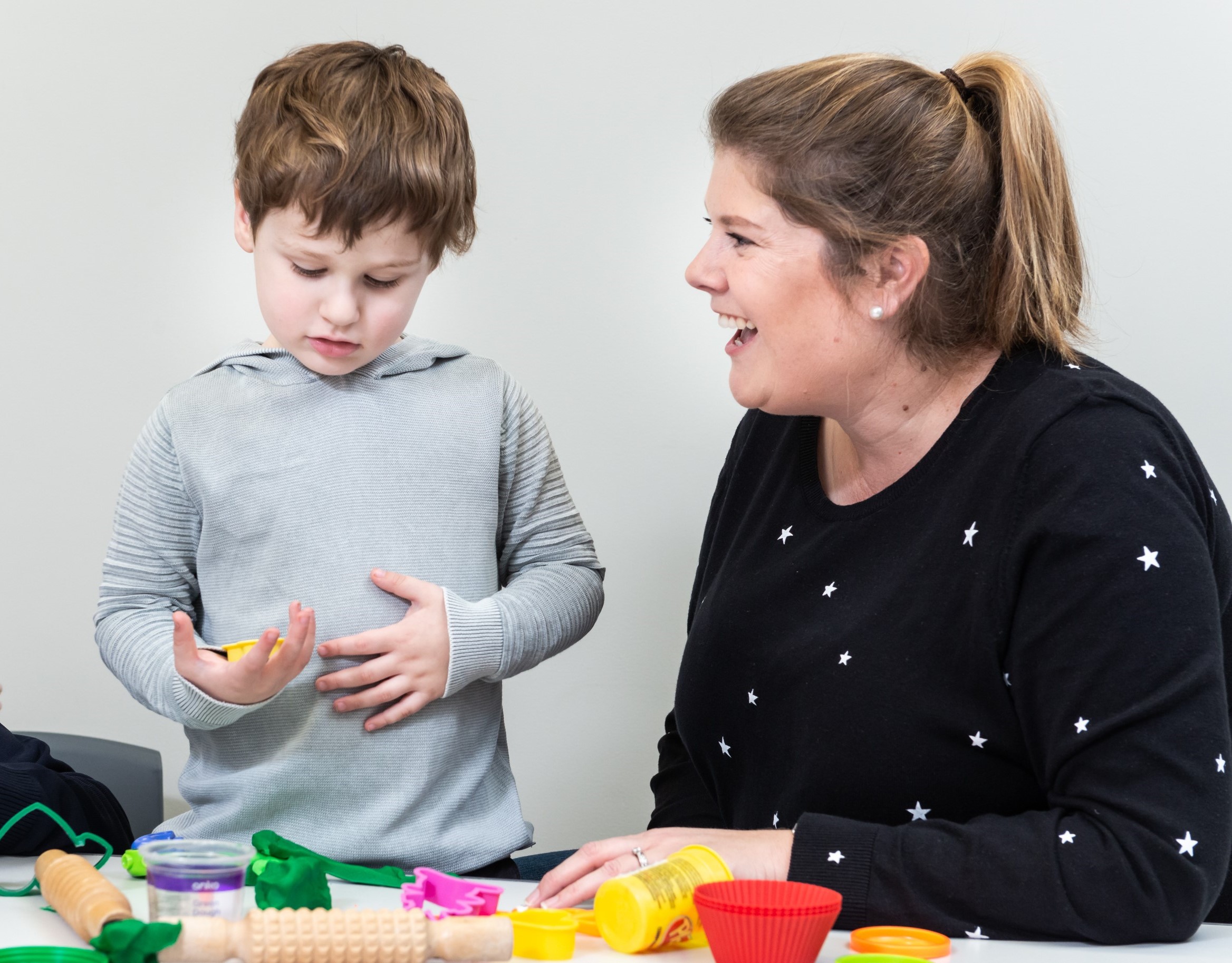Search
Showing results for "Au"

News & Events
Celebrating International Day of Women and Girls in ScienceTo celebrate International Day of Women and Girls in Science, we asked some of the research team to share why science is the key to success and their tips for encouraging girls who want to pursue a career in STEM.
Research
Rheumatic heart disease: infectious disease origin, chronic care approach.Rheumatic heart disease (RHD) is a chronic cardiac condition with an infectious aetiology, causing high disease burden in low-income settings.

News & Events
Unpacking PACT - a program supporting child communicationIn this new blog, Senior Speech Pathologist and PACT therapist/trainer Sally Grauaug discusses the benefits of PACT, how it works and how clinicians become certified PACT therapists.
Research
Whole genome sequencing and molecular epidemiology of paediatric Staphylococcus aureus bacteraemiaThe role Staphylococcus aureus antimicrobial resistance genes and toxins play in disease severity, management and outcome in childhood is an emerging field requiring further exploration.
Research
The Missing Piece Surveillance Study: A surveillance study for strep A pharyngitis and impetigo in the Kimberley, AustraliaThe Missing Piece Surveillance Study is a prospective surveillance study to determine the concurrent burden of skin and throat infections in children, from two remote communities in Northern Australia.
Research
Activation of ERBB4 in Glioblastoma Can Contribute to Increased Tumorigenicity and Influence Therapeutic ResponseDespite low ERBB4 mRNA in glioblastoma, the functional effects of increased ERBB4 activation identify ERBB4 as a potential prognostic and therapeutic target
Research
Lung function trajectories throughout childhood in survivors of very preterm birth: a longitudinal cohort studyLung function trajectories are impaired in survivors of very preterm birth
Research
Safety and immunogenicity of pneumococcal conjugate vaccines in a high-risk population: a randomised controlled trial of PCV in Papua New Guinean infantsInfant vaccination with 3 doses of PCV10 or PCV13 is safe and immunogenic in a highly endemic setting
Research
Lessons learned in the development of sustained release penicillin drug delivery systems for the prophylactic treatment of rheumatic heart disease (RHD)The current prophylactic treatment to prevent rheumatic heart disease requires four-weekly intramuscular injection of a suspension of the poorly soluble benzathine salt form of penicillin G (BPG) often for more than 10 years. In seeking to reduce the frequency of administration to improve adherence, biodegradable polymer matrices have been investigated.
Research
Starting the SToP trial: Lessons from a collaborative recruitment approachRecruitment in research can be challenging in Australian Aboriginal contexts. We aimed to evaluate the SToP (See, Treat, Prevent skin infections) trial recruitment approach for Aboriginal families to identify barriers and facilitators and understand the utility of the visual resource used.
